Welcome to Fertilityworld, India’s best surrogacy agency, which provides complete surrogacy services under the Surrogacy Regulation Act 2025. According to India’s most recent surrogacy regulations, only altruistic surrogacy is permitted.
- Book an online appointment to receive a complimentary surrogacy consultation.
- Call/W:971507812816 Email:info@fertilityworld.in
Altruistic Surrogacy in India.
Altruistic surrogacy is the only form of surrogacy to practice in India, where intending parents must be eligible to fulfill its regulated criteria, including being legally married and meeting certain age requirements (women between 21 and 37 years and men between 21 and 65 years) and having a medical diagnosis of infertility, like absent uterus, blocked fallopian tube, low AMH, endometriosis, PCOS, sterilization, or unexplained infertility, such as having failed to conceive naturally or with the use of other assisted reproductive technologies. The surrogate mother must be a close relative, like a sister or aunt, or a close friend who has at least one child of her own.
Execution of the surrogacy process in India.
The surrogacy process in India is excellent, with the latest advanced technologies available. The key steps include
- Medical Consultation & ART Treatment: Fertilityworld ART Clinic provides consultation to the woman or intended couple. Eggs, sperm, and embryos are extracted and cryopreserved if required. 60 days must pass after oocyte retrieval.
- Locate a Qualified Surrogate: Find a close relative who is willing and qualified under the Act. Brokerage is prohibited.
- Apply to the DMB (District Medical Board): Send applications to the DMB (intending parents + surrogate) along with the necessary paperwork (proofs of age, marriage, citizenship, medical necessity, eligibility of the surrogate, ART clinic registration, etc.).
- Certificate of Medical Indication (for women or expectant parents): Certificate of Eligibility (for surrogates and intended parents/women)
- DMB Evaluation: After reviewing applications and evaluating candidates, the board issues Certificates of Essentiality, which combine eligibility and medical indication if all requirements are met. This is required.
- Surrogacy Contract: A legally binding contract is written between the surrogate mother and the intended parents/woman. It needs to be done before the ART clinic begins the process. signed by a notary public and all parties. It discusses topics such as permission, health care costs, insurance, obligations, lack of payment, etc., legally binding.
- State Authority Approval: The agreement is sent to the appropriate state authority for approval, together with DMB certificates and other supporting documentation.
- Embryo Transfer: The registered ART clinic only transfers embryos into the surrogate mother following DMB certifications, a signed contract, and state authority approval.
- Pregnancy & Medical Care: Under the contract and laws, the surrogate mother receives thorough prenatal care.
- Birth Registration: According to the law, the surrogate child is the intended couple’s or woman’s biological child. After the DMB certificate and the State Authority approval document are submitted, the birth certificate is issued in their names.
- Parental Order (Suggested but Optional): In order to establish parentage, particularly for passport or visa purposes, intending parents may request a court order.
A complete guide to the latest surrogacy regulation, 2025. Surrogacy Qualifications for Intended Parents:
- Marital Status: Eligibility is limited to married heterosexual couples who have been together for at least five years and single women (widows/divorcees). LGBTQ+ couples, live-in partners, and single men are disqualified.
- Age requirements: The female partner must be between 25 and 50 years old, and the male partner must be between 26 and 55 years old.
- Medical Necessity: The couple must provide a certificate from a licensed medical professional attesting to their inability to conceive or infertility.
- Citizenship: At least one of the intended parents or both must be Indian citizens, OCI, or NRI.
Regulations for Surrogate Mothers:
Age and Wellness: The potential surrogate must be between the ages of 25 and 35 and have at least one child of her own. She needs to be in good physical and mental health.
- Relationship: The intended parents and surrogate must be close relatives. She is not genetically related to the child.
- Consent: The surrogate and her husband must provide written, informed consent.
- Compensation: Compensation to the surrogate is illegal. Only during pregnancy is the surrogate eligible for insurance coverage and medical costs. Beyond these, any kind of financial compensation is prohibited.
Regulatory Structure:
- National and State Boards: The surrogacy law’s enforcement is supervised by the National Surrogacy Board (NSB) and State Surrogacy Boards (SSBs). They are in charge of giving intended parents and surrogates eligibility certificates.
- Registration is required for all surrogacy clinics. There are severe penalties for unregistered clinics that provide surrogacy services.
- Documentation: The relevant authority must provide intended parents with a certificate of eligibility and a certificate of essentiality (medical requirement).
Legal and Ethical Protections of Surrogacy.
- Parental Rights: The surrogate child is regarded as the intended parents’ biological child. The surrogate has no parental rights.
- Limitations on Abortion: Only in extreme circumstances (like when the surrogate’s life is in danger) is abortion permitted, and it needs to be approved by a medical board and the
Recent changes to surrogacy regulation in 2023–2025:
- Altruistic Surrogacy: It allows only altruistic surrogacy, in which the surrogate is driven by compassion rather than money.
- The term “infertility” was broadened in 2024 to encompass more than just the inability to conceive; it now also refers to conditions that pose a risk to the mother’s life during pregnancy.
- Enhanced Oversight: In order to guard against exploitation and guarantee compliance, the NSB has stepped up its examination of surrogacy agreements.
India’s Changing Surrogacy Environment in 2025: Important Laws, Shifts, and Difficulties
The Surrogacy (Regulation) Act, 2021, and its follow-up amendments were the result of a major overhaul of India’s surrogacy laws in the early 2020s. As of 2025, the framework is still stringent, placing a high priority on moral behavior and the well-being of children and surrogates while severely limiting access. Below is a summary of the current situation:
Fundamental Idea: Only Altruism
The Prohibition of Commercial Surrogacy— It is unlawful and punishable by up to ten years in prison and fines to pay a surrogate more than reasonable medical costs and insurance coverage.
Mandated Altruistic Model: Only a willing woman with good intentions, usually a known relative to the intended parents, can engage in surrogacy.
- Who Can Order Surrogacy? (Tight Eligibility)
- Only heterosexual married couples, OCI, NRI, and single widows/divorced women.
- They must be citizens of India.
- married for a minimum of five years.
- demonstrated medical necessity (a District Medical Board-certified infertility).
- Age restrictions: husband (26–55 years), wife (25–50 years).
- Who Can Serve as a Surrogate?
- Married Woman: Needs to be married and have a child of her own.
- Age: 25–35 years old (once in her lifetime).
- Medical and Psychological Fitness: Extensive screening is required.
- Relationship Need: had to be a “close relative” at first.
- Amendment in 2023: expanded to include any “willing woman” who is known to the couple and is benevolent, though she need not be a close relative like a sister or sister-in-law. This sought to uphold the altruistic principle while increasing availability. Most importantly, she is still not paid.
- Approvals & Regulatory Framework
- State and National Surrogacy Boards: Monitor compliance, register clinics, and look into infractions.
- Required Certifications: District Medical Board Eligibility Certificate (for Intended Parents) attests to medical necessity.
- State Surrogacy Board approval is required before the start of any procedure.
- Only Registered Clinics: Only clinics registered with the relevant authorities are permitted to perform surrogacy procedures, such as the fertilityworld.
- Child Status & Parental Rights
- Legally, the surrogate child is the commissioning couple’s biological child from birth.
- At birth, the surrogate gives up all parental rights.
- It is illegal to leave the surrogate child behind.
- Strictly Enforced Prohibited Practices:
- Choosing a sex.
- abuse of the surrogate.
- import/export of human gametes and embryos for surrogacy (with certain controlled exceptions for couples).
- Commercialization and promotion of surrogacy services.
Overall surrogacy success rate in India in 2025.
The overall surrogacy success rate in India is between 75% and 95%, depending on the type of surrogacy program, including self-cycle and donor cycle. Factors such as age, health conditions of intended parents and the surrogate, and the quality of services of the clinic play a huge role in the surrogacy success rate in India. The Surrogacy Regulation, along with its amendments, has transformed the surrogacy landscape, impacting both practices and success rates. Other surrogacy success rates in India for advanced procedures, including Frozen Embryo Transfer (FET) surrogacy, are 60%, and Intracytoplasmic Sperm Injection (ICSI)-assisted surrogacy is 65% in cases of male infertility.
India’s surrogacy laws for Non-Resident Indians (NRIs) and Overseas Citizens of India (OCIs).
Under the Surrogacy (Regulation) Act, 2021, and the Assisted Reproductive Technology (Regulation) Act, 2021, the following is a thorough summary of India’s surrogacy laws for Non-Resident Indians (NRIs) and Overseas Citizens of India (OCIs). The key takeaway: For NRIs and OCIs, surrogacy within India is presently exceptionally limited and mainly inactive.
The Legal Change: Prohibition of Foreign and Commercial Surrogacy
In 2021, India’s surrogacy laws encountered an important shift. A thoroughly regulated framework that prioritizes altruistic surrogacy for Indian citizens with particular medical challenges has replaced the previous system that permitted commercial surrogacy and access for foreigners, including OCIs and many NRIs.
- Indian Citizenship: Current Indian citizenship is a requirement for both Intending Parents (IPs).
- Legal marriage between a heterosexual couple is required. LGBTQ+ couples, live-in partners, and single people are not included.
- Medical Necessity: Must have a medical condition that makes gestational surrogacy necessary (e.g., uterine absence, repeated IVF failure, or medical conditions making pregnancy dangerous or impossible). Evidence is needed.
- Ages: Husband (26–55 years), wife (23–50 years).
- Most importantly, they have to be Indian citizens. The purpose and regulatory practice require the couple to be residing in India, even though the act doesn’t define “resident” specifically.
- Marriage Length: A minimum of five years of marriage is required.
Realistic Obstacles for NRIs:
- Proof of Residency: NRIs who live overseas find it difficult to demonstrate that they are “resident Indians,” as required. Proof of long-term residency in India is usually required by authorities (domicile, employment, etc.).
- Medical Documentation: If you live overseas, it can be logistically difficult to obtain the required “Certificate of Indication/Infertility” specific to surrogacy from an Indian medical board.
- Availability of Surrogates: It is very challenging to find a genetically related “close relative” in India who is willing to participate in selfless surrogacy.
- Time Commitment: Long-term, constant presence in India is necessary for the entire process, which includes eligibility certification, surrogate matching, medical procedures, legal documentation, and delivery.
- The Fertilityworld surrogacy centre team will help you get surrogacy done in India.
Surrogacy Laws, Particularly for OCIs.
The Surrogacy Act of 2021 forbids OCIs from using surrogacy services in India. “Overseas Citizen of India” is defined in Section 2(r), and OCIs are expressly excluded from the definition of “intending couple” that qualifies for surrogacy in Section 2(1)(zg).
- Reason: Despite having lifetime visa benefits, OCIs are legally regarded as foreign nationals. The acts only allow Indian citizens to use surrogates; foreign individuals or organizations are not permitted unless they hold an Indian passport.
- No Exceptions: Even if an OCI is married to an Indian citizen or has lived in India for an extended period of time, there are currently no provisions permitting OCIs. Under the existing law, the prohibition is absolute.
Present Circumstances and Prospects for OCIs and NRIs
NRIs: Although they are theoretically eligible if they can demonstrate residency and fulfill all other strict requirements, in most cases, the practical obstacles—particularly proving residency and locating a close relative surrogate—can be difficult. The residency requirement has been upheld by courts against petitioners who are non-resident Indians.
OCIs: Partially prohibited. The emphasis is still on strictly regulating surrogacy for Indian citizens who are residents and meet the limited eligibility requirements. Contact FertilityWorld.
Implications of Surrogacy for Single People in India.
In cases of single-parent surrogacy in India, there are limitations applied to both international and Indian citizens. By law, single-parent surrogacy is restricted for foreigners and Indians, especially for male subjects. Whereas, single women (divorced or widowed) willing to achieve parenthood can commission surrogacy with donor assistance. Single people’s surrogacy limitations are discussed below:
- No Legal Pathway: Under current Indian law, a single individual, whether domestic or foreign, cannot legally commission a surrogacy arrangement in India except for a single widowed or divorced Indian.
- Other Routes: In India, single people who want to have children should look into other legal options:
- Assisted Reproductive Technology (ART) with Donor Gametes: At accredited ART clinics, single women can use donor sperm for ART procedures such as IVF/IUI. This is permitted by the ART (Regulation) Act of 2021. The Surrogacy Act still forbids using a surrogate to carry the pregnancy.
Getting a surrogate mother in India.
The process of finding and engaging a surrogate mother in India is now strictly regulated and limited due to the Surrogacy (Regulation) Act, 2021, and the Assisted Reproductive Technology (Regulation) Act, 2021. Commercial surrogacy is strictly prohibited. With strict limitations, only altruistic surrogacy is allowed. The Fertilityworld surrogacy centre is the surrogate mother home in India; full guidance and assistance regarding the surrogate are provided. Contact Fertilityworld today.
The best surrogacy centres in India.
India has been a popular surrogacy destination because of its excellent medical care, highly qualified staff, and comparatively cheaper prices when compared to Western nations. Importantly, though, the Surrogacy (Regulation) Act of 2021 significantly altered Indian surrogacy laws. Considerably, a great number of surrogacy centers have emerged, where the fertilityworld is ranked among the best surrogacy centers in India. In addition to marking 2500 successful parenthoods, this center celebrated 25 years of providing surrogacy services today, solidifying its success. at 75% to 85%, provides reasonably priced surrogacy services, and is supported by the best surrogacy physicians in India.
The Best Surrogacy Agency in India: Management, Ethical, and Legal Issues
India has long been a surrogacy hotspot, and FertilityWorld is the best surrogacy agency in India, thanks to its state-of-the-art medical facilities, knowledgeable specialists, and caring staff. Married India Intended parents, single women (widows/divorcees), or OCIs and NRIs have been assisted by the Fertilityworld team and realized their parenthood. End-to-end support for altruistic surrogacy, including legal advice and psychological counseling. Upon the patient’s booking appointments, the team initiates by scheduling a free consultation either online or offline (center). Assist and get the best surrogacy provider at the lowest cost for the patients. The FertilityWorld has its centre established in different parts of India and assists the patients according to their suitable location.
Contact the FertilityWorld surrogacy agency and receive parenthood today.
Hope Navigation: Best Surrogacy Doctors in India in the New Legal Era 2025.
In the new legal era of 2025, the surrogacy scene has been modified, where altruistic surrogacy is now only available to eligible Indian married couples, single women (widows/divorcees), and OCIs or NRIs with legal exceptions available. The knowledge of qualified medical professionals is still crucial. The best surrogacy doctors in India are Dr. Nidhi Sharma and her team from Delhi, who combine ethical behavior with medical excellence. These best surrogacy doctor teams specialize in recurring IVF failures, high-risk pregnancies, uterine anomalies, repeated miscarriages, and comprehensive surrogate care with personalized protocols.
Asian countries where surrogacy is legal.
An incredible ART method that changes the feelings of being intended parents is surrogacy. Not all Asian nations permit surrogacy. Surrogacy-legal countries in Asia include India, India-Kenya cross-border, Georgia, Cyprus, Thailand, Cambodia, and Kazakhstan. The Fertilityworld team in Asia will successfully and legally restore your dreams, even though the surrogacy journey may seem challenging. Laws are subject to quick changes. Consult a Fertilityworld reproductive lawyer and confirm through official websites (such as Georgia’s ART Registry). Asia has limited options for becoming a parent; pick partners who will guide you through all the legal processes, not just the medical ones. You can choose to become a parent in Asian countries with the help and guidance from Fertilityworld.
Conclusion: A Limiting Way Ahead
India’s 2025 surrogacy regulations, which are based on altruism and give priority to preventing commercial exploitation, continue to rank among the strictest in the world. Although the 2023 amendment sought to alleviate the surrogate scarcity, there are still underlying issues with accessibility, the exclusion of different family types, and the practicality of locating selfless surrogates. The discussion goes on, weighing the needs and reproductive rights of marginalized groups against moral worries about commodification. Ongoing legal challenges, especially those about LGBTQ+ rights and single people, indicate that the landscape may continue to change, albeit slowly. With professional assistance, prospective parents must negotiate this intricate legal minefield. To navigate the complicated regulatory environment, prospective parents are encouraged to speak with registered clinics like Fertilityworld and its legal professionals.









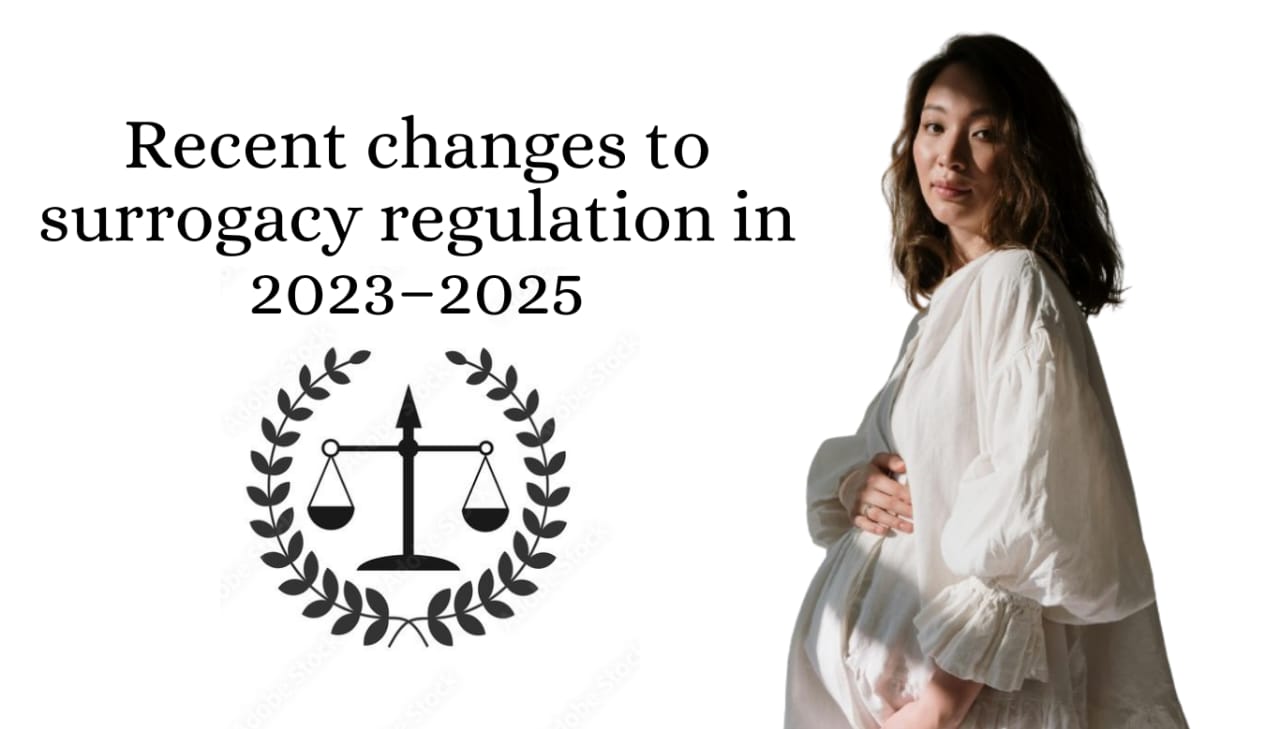

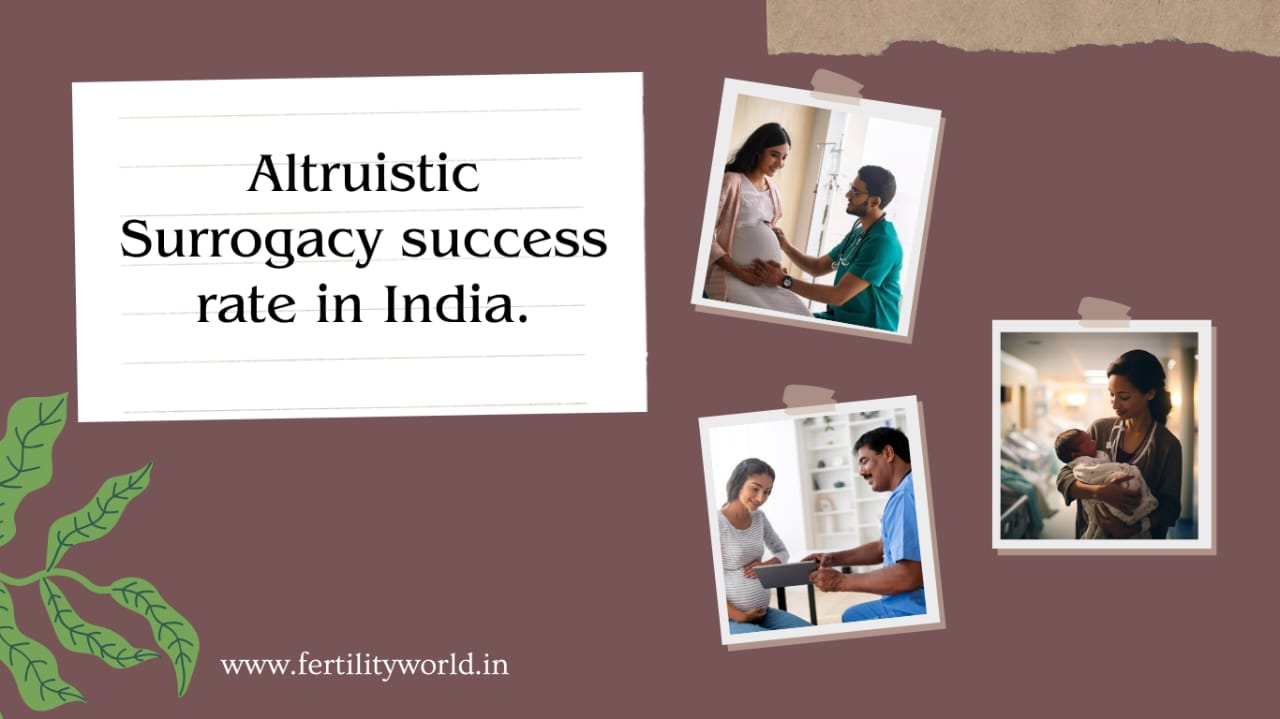
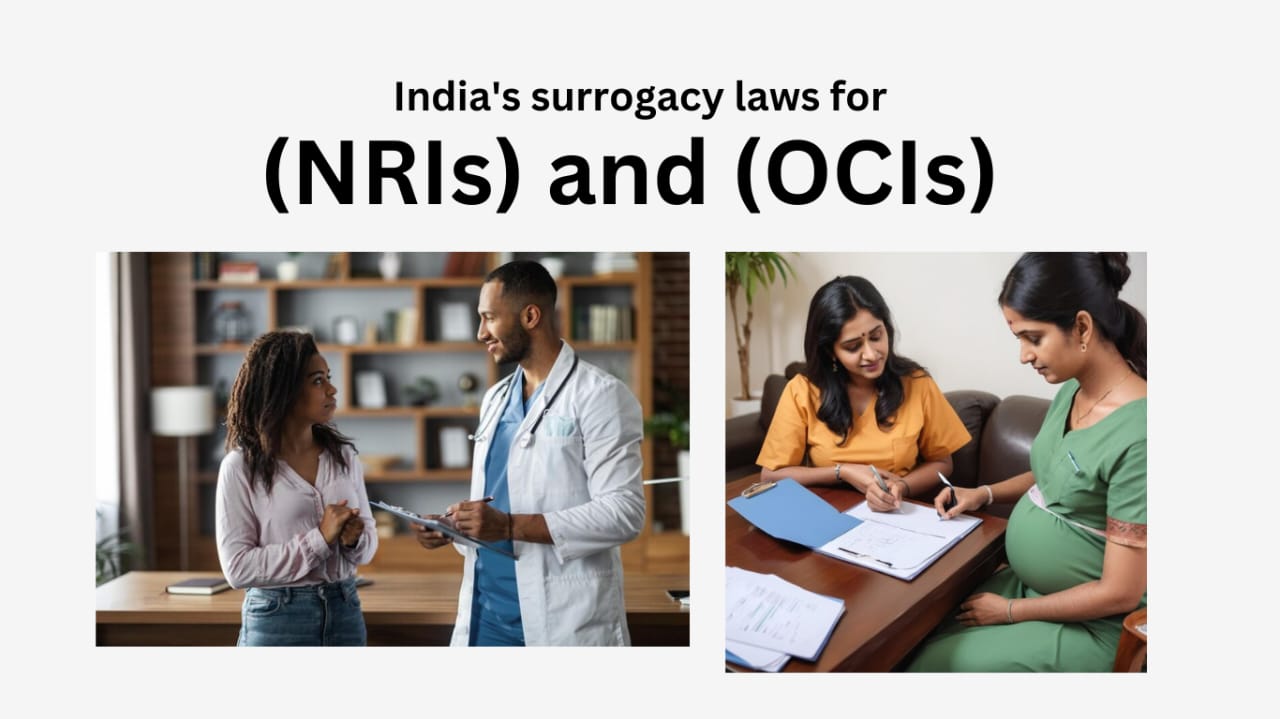

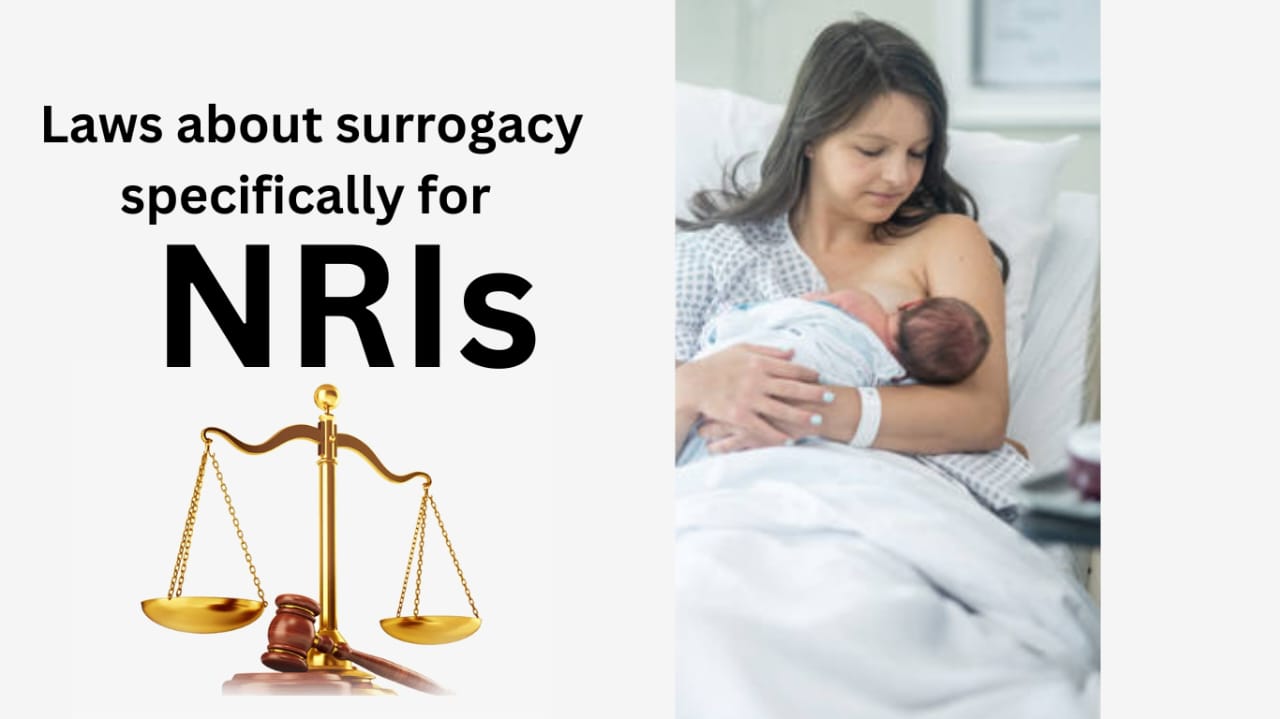


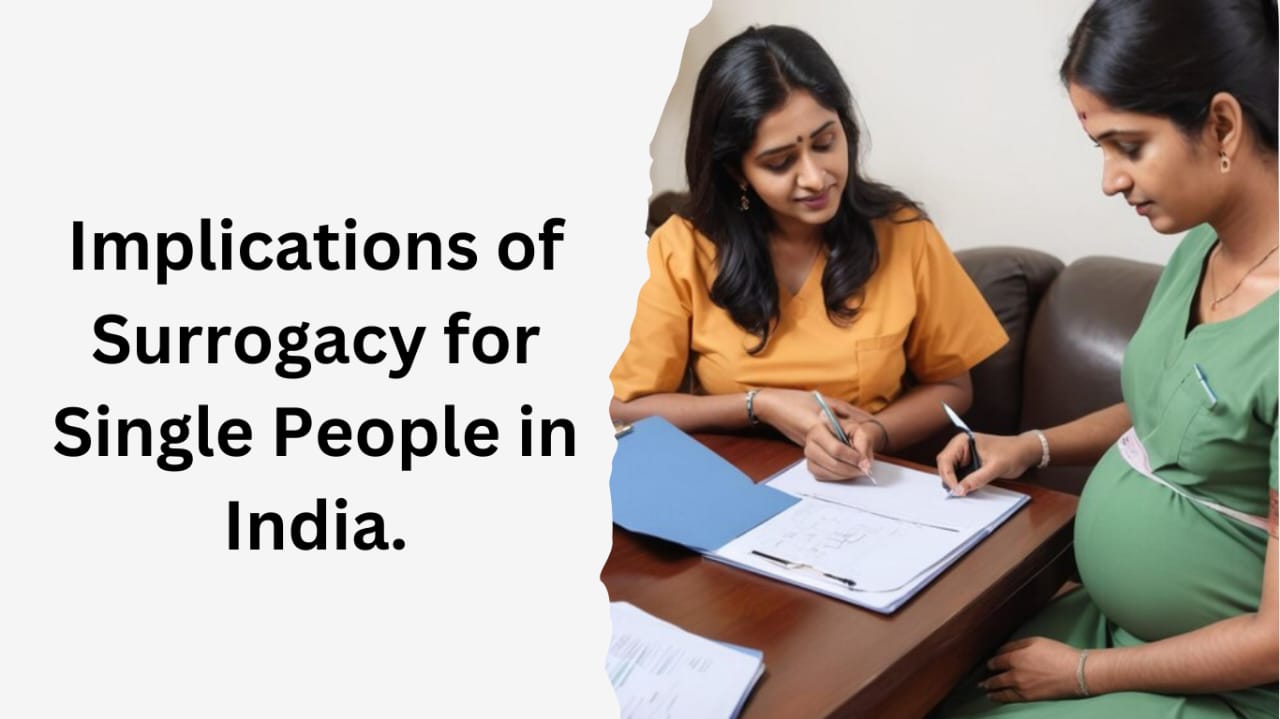
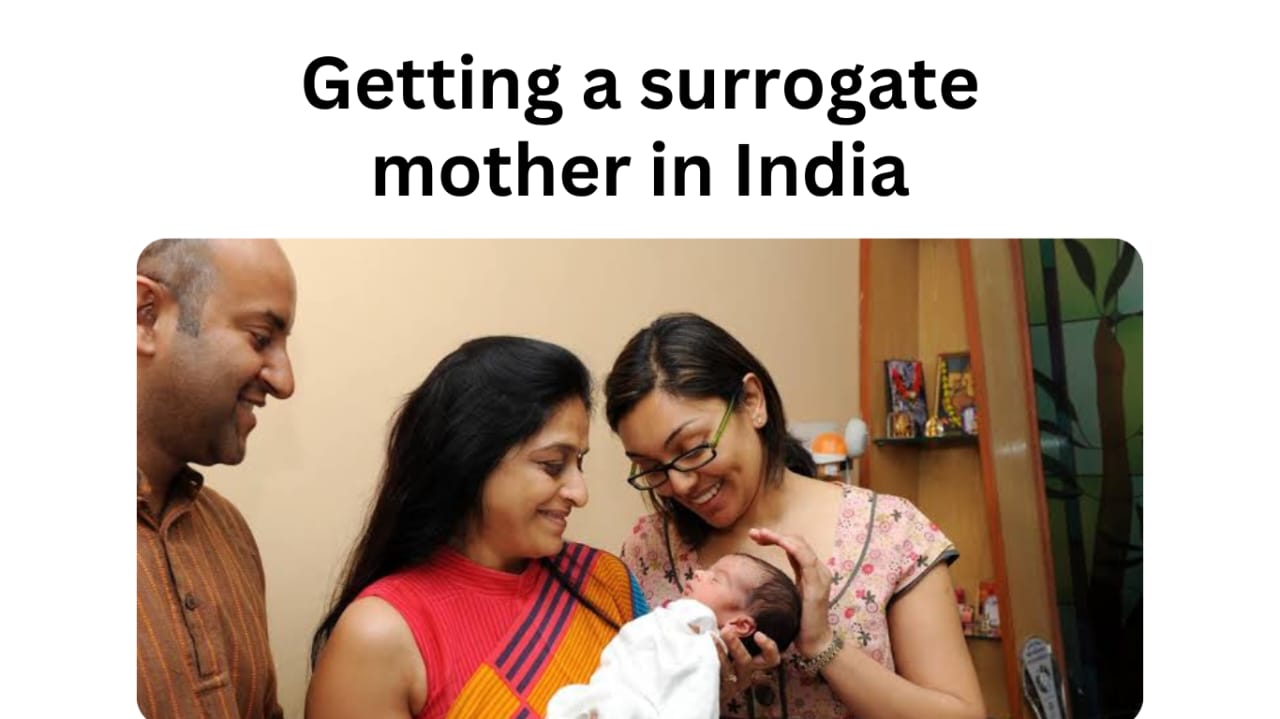

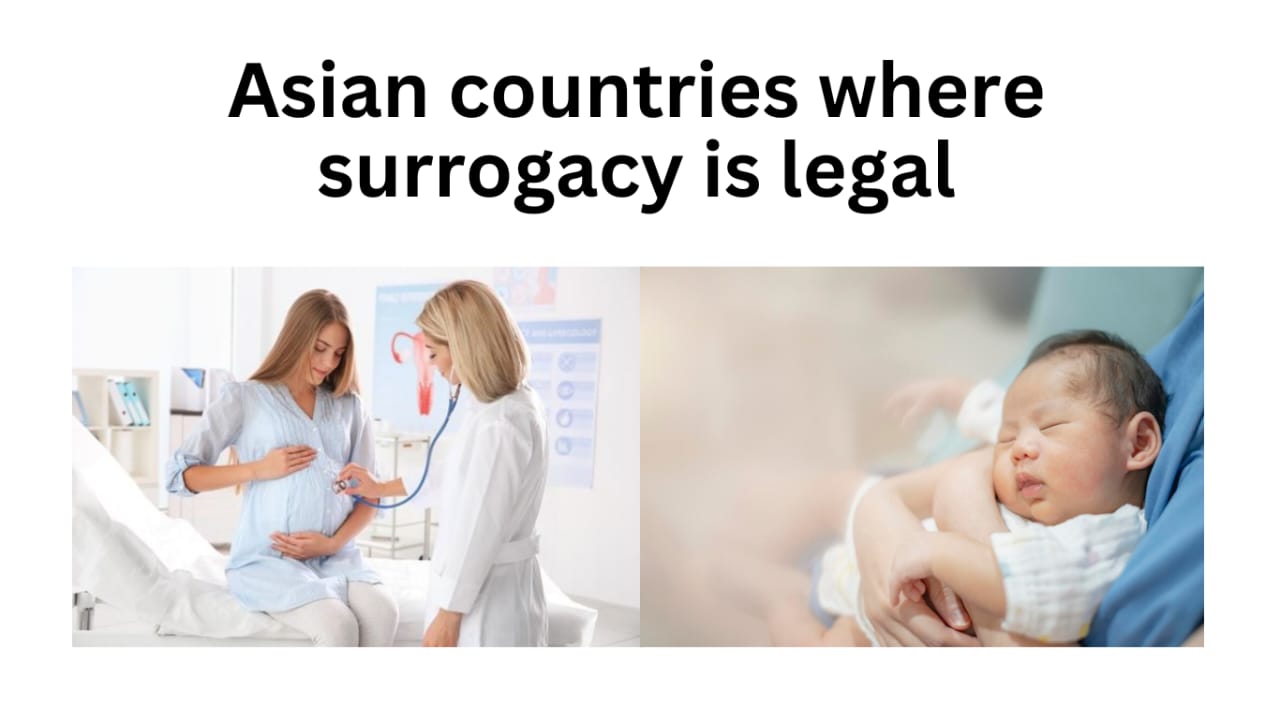

5 thoughts on “ LATEST SURROGACY LAWS IN INDIA.”